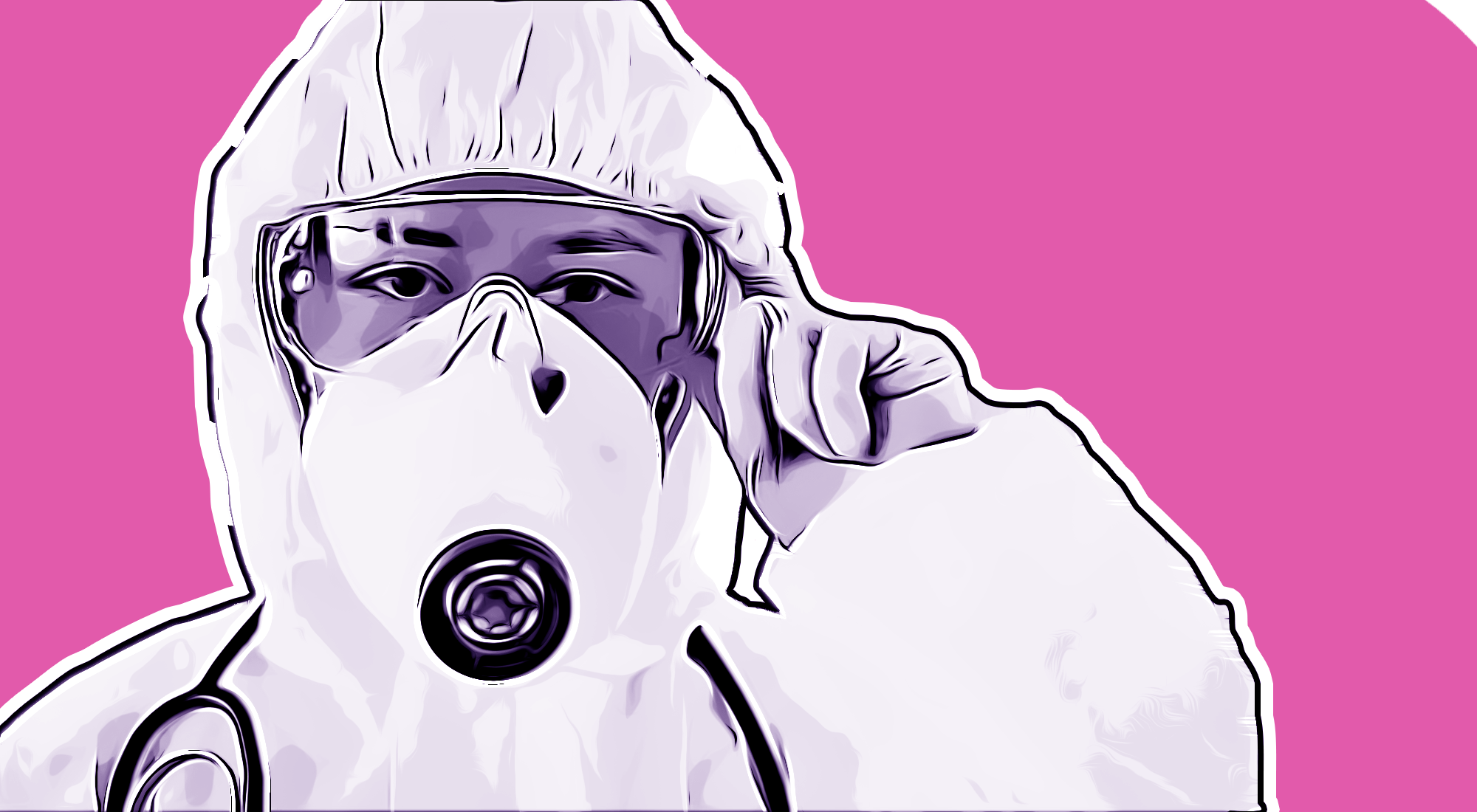According to the Office of National statistics, there´ve been around 19,394 COVID-19 deaths in care homes by August. The coronavirus outbreak is clearly a serious threat.
However, despite this rising number, the weekly rate of deaths appears to be falling. It is down from the peak it reached around May. This is when up to a quarter of all Covid-19 deaths recorded in the UK occurred in private care homes.
One thing is clear, residential care homes are a dangerous hotspot for the virus. We must be extra vigilant in order to protect our most vulnerable.
What accounts for the coronavirus outbreak in care homes?
There are various factors which can account for why so many cases of Covid-19 have been recorded in care homes.
One of the reasons is that infections are able to spread rapidly is due to the close physical contact between residents in the care home environment.
Another factor is that carers and visiting family members and friends can unwittingly spread infections to the senior citizens in the care home. This occurs when there isn’t adequate protection or sanitary measures put in place.
Finally, the residents of care homes tend to be particularly vulnerable to infection due to having a weaker immune system or other underlying health problems. Senior citizens are the most vulnerable people in society to Covid-19 and the highest rate of fatalities globally has been recorded amongst people aged 75 or older. This is of great concern because at least 60% of UK care home residents are aged 85 or older.
For these reasons residential care homes are particularly vulnerable. Great precautions must be taken in order for them to avoid becoming hotspots during the pandemic.
What is the government advice regarding the coronavirus outbreak?
The government has issued advice to care homes regarding personal protective equipment (PPE). Precautions such as using disposable gloves, aprons and face masks have been put forward.
One problem that has exacerbated the outbreaks in care homes has been a shortage of this equipment.
However, recent measures taken by the government suggest that perhaps a corner is being turned, as the government has given £3.6 billion over to local authorities which are in charge of social care.
Testing for Covid-19
Despite initial shortages of available tests, the government has now announced that its laboratory capacity has increased. They have declared that all care home residents who present with symptoms of the virus will be tested.
As of the 15th April, tests have been made available to care home staff as well. (Up to this point, the already existing problem of a shortage in carers has been exacerbated by the fact that carers who present with symptoms of coronavirus had to self isolate and not come to work – leading to more shortages of staff in care homes).
The government has also requested that care staff do not work in more than one care home in order to limit the spread of the virus.
One thing is clear however – despite positive signs of rates of infection slowing down, the battle to contain the coronavirus outbreaks in care homes is far from over. It will require the collective cooperation of everyone for a long time to come…
How can Nomenial help?
Nomenial is a service for recruiting private carers in home. Many people are finding this to be a safer alternative for their loved one in the crisis. Hiring a private carer is one way to avoid the coronavirus outbreaks that continue to occur in care homes. It ensures that the safety of your loved one is increased as they are coming into contact with less people. Moreover, they are able to preserve their old routines and suffer less disruption to their lives by remaining in their home with a visiting or live in carer. Find out more about Nomenial here…







